Johann Sebastian Bach was born MARCH 21, 1685.
By age 10, both his parents had died.
At 18,
Bach was a Lutheran church organist, then held positions in royal courts.
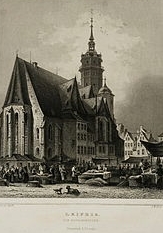
While serving as cantor at Thomas Church of Leipzig,
Bach taught
Martin Luther's Small Catechism.
In 1717,
Bach was imprisoned because a duke in the city of Weimar did not want him employed elsewhere.
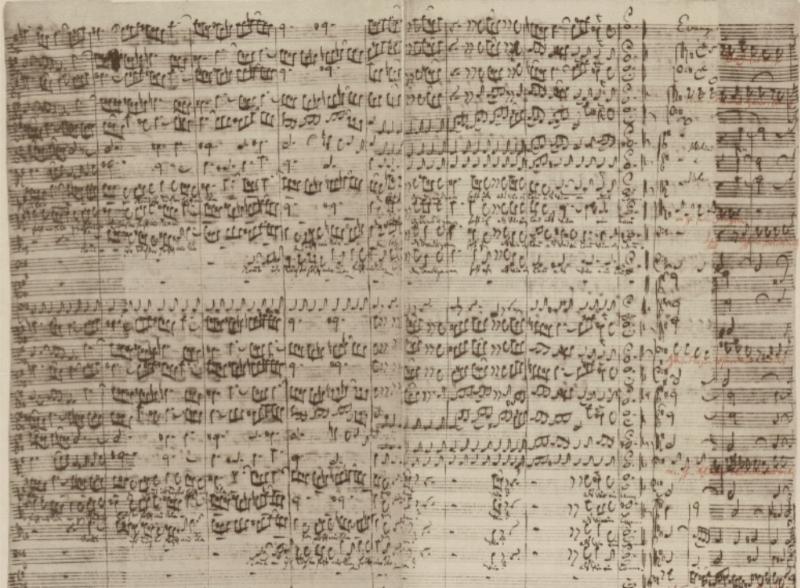
In 1724,
Bach wrote the sacred oratorio
St. John Passion, based on chapters 18 and 19 of the Gospel of John in Martin Luther's German translation of Bible.
In 1727,
Bach wrote the sacred oratorio
"Passion of our Lord Jesus Christ according to the Evangelist Matthew," based on chapters 26 and 27 of Luther's Bible.
Bach's "Saint Matthew Passion" was performed in 1829 in Berlin by 20-year-old
Felix Mendelssohn.
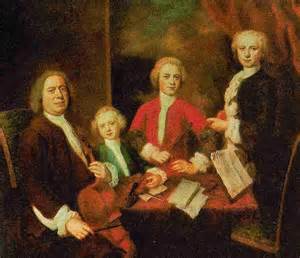
Widowed with 7 children, he remarried and had 13 more.
Considered the "master of masters,"
Johann Sebastian Bach's works not only exhibit mastery of musical composition, but also reveal his devout relationship with God.
His works include:

-Jesus, Meine Freude (Jesus, My Joy!);
-O Haupt voll Blut und Wunden (O Sacred Head, Now Wounded);
-Christen, ätzet diesen Tag (Christians, engrave this day);
-Easter Oratorio;
-Magnificat; and
-Christmas Oratorio.
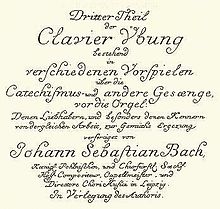 Bach
Bach wrote more than 300 sacred cantatas, including:
-Christ lag in Todes Banden (Christ lay in death's bonds);
-Ein feste Burg ist unser Gott (A mighty fortress is our God);
-Gottes Zeit ist die allerbeste Zeit (God's Time is the very best Time);
-Wachet auf, ruft uns die Stimme (Sleepers Awake); and
-Sehet, wir gehn hinauf gen Jerusalem (Behold, let us go up to Jerusalem).
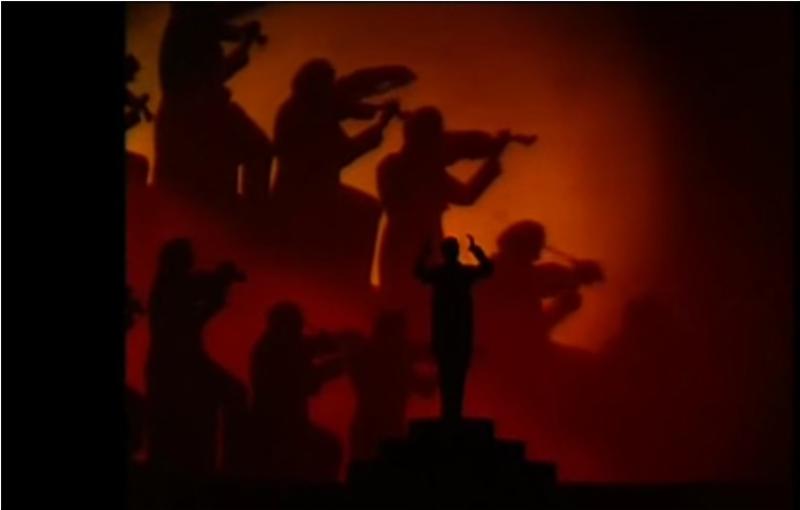
One of
Bach's orchestrations,
Tocata y Fuga, was used in the opening of Walt Disney's movie
Fantasia.
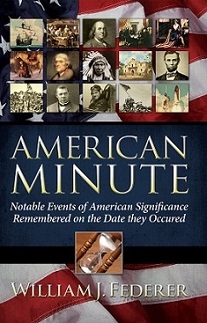 American Minute - Notable Events of American Significance Remembered on the Date They Occurred
American Minute - Notable Events of American Significance Remembered on the Date They Occurred
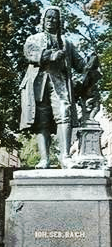
In "The Story of Mankind," 1921, Hendrik Willem van Loon wrote:
"By the middle of the 18th century the musical life of Europe was in full swing.
Then there came forward a man who was greater than all others, a simple organist of the Thomas Church of Leipzig, by the name of
Johann Sebastian Bach ...
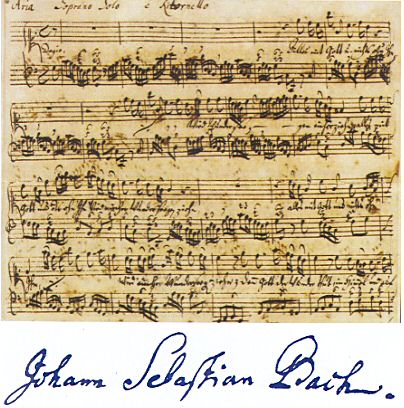
... In his compositions for every known instrument ... to the most stately of sacred hymns and oratorios, he laid the foundation for all our modern music.
When he died in the year 1750 he was succeeded by
Mozart ... then
Ludwig van Beethoven."
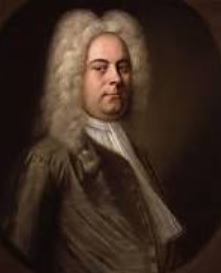 Bach
Bach and
George Frideric Handel were born the same year, 1685, and lived just 80 miles from each other, but never met.
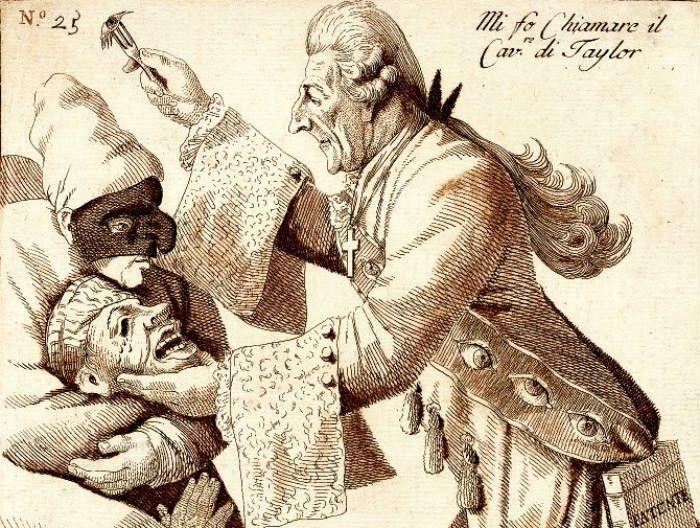
By 1750,
Bach was suffering from cataracts. He agreed to let questionable "surgeon,"
Chevalier John Taylor, perform a crude eye-surgery, which left him blind and infected.
He died three months later.
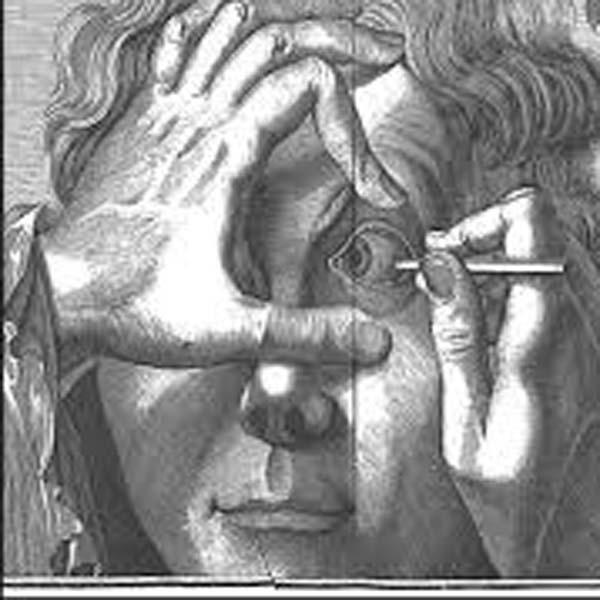
Tragically, the same "surgeon" persuaded composer
George Frederick Handel to let him attempt the same surgery, which, unfortunately, left him blind as well.
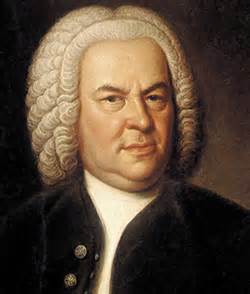
Johann Sebastian Bach stated:
"The aim and final end of all music should be none other than the glory of God and the refreshment of the soul.
If heed is not paid to this, it is not true music but a diabolical bawling and twanging."

Communist leader Vladimir Lenin was quoted by Maxim Gorky in "V.I. Lenin" (1924), as stating:
"I can't listen to music very often, it affects my nerves. I want to say sweet, silly things, and pat the little heads of people ... One can't pat anyone on the head nowadays ...You have to beat people's little heads, beat mercilessly."
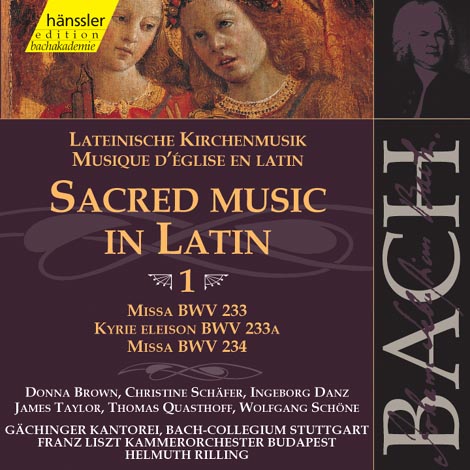
Supreme Court Justice Robert Jackson wrote in
McCollum v. Board of Education, 1948:
"It would not seem practical to teach either practice or appreciation of the arts if we are to forbid exposure of youth to any religious influences.
MUSIC without SACRED MUSIC would be incomplete, even from a secular point of view."
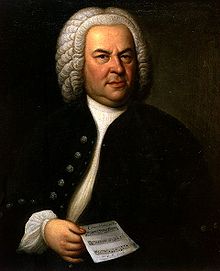
On February 22, 1990,
President George H.W. Bush stated:
"
The Bible has had a critical impact upon the development of
Western civilization. Western literature, art, and MUSIC are filled with images and ideas that can be
traced to its pages."